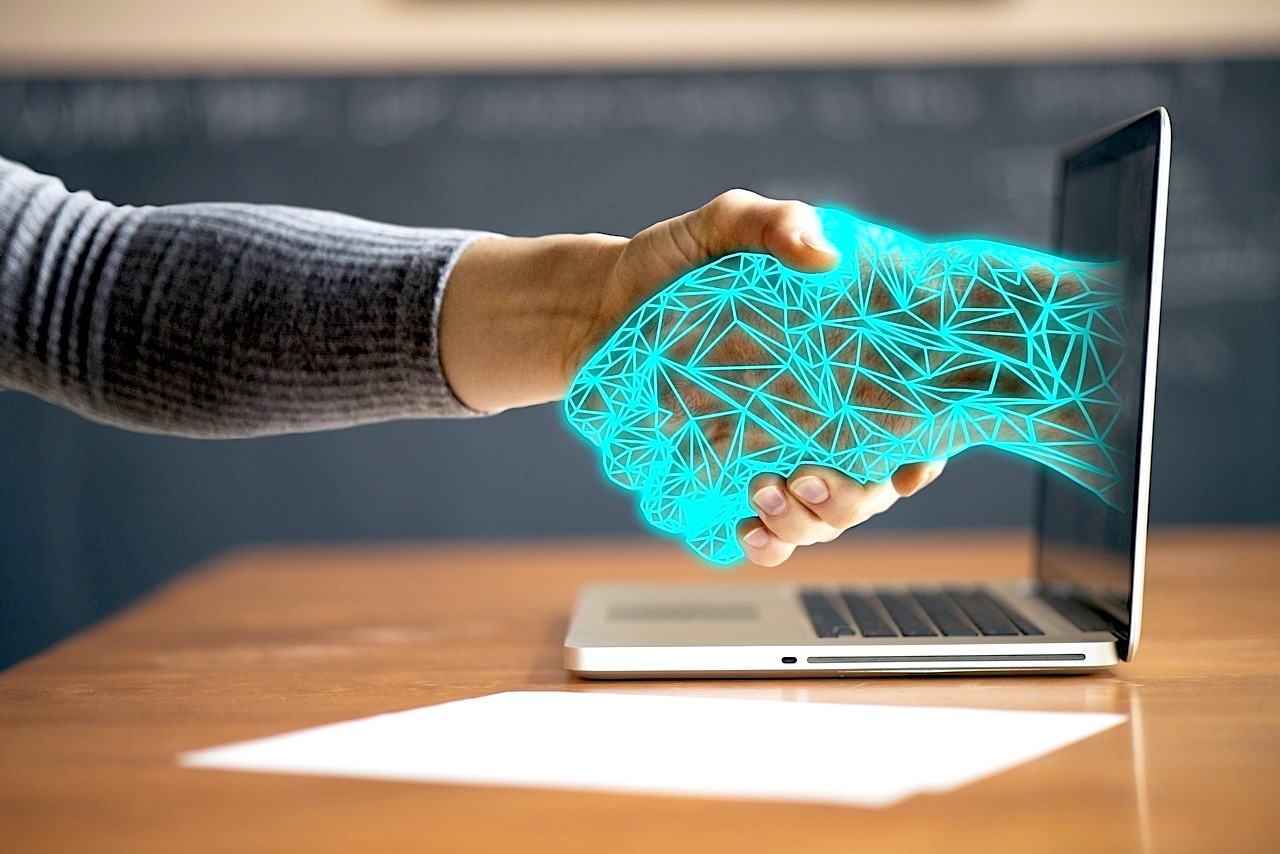 AI
AI
 AI
AI
 AI
AI
Most white-collar works aren’t all that worried that adoption of generative artificial intelligence will hurt their job security in the foreseeable future.
That’s one takeaway from a survey released today by KPMG LLP that polled 1,035 U.S. white-collar workers on the latest trends affecting the workforce. It found that 43% believe generative AI poses an immediate threat to their jobs, but just 19% are concerned that it will make their role irrelevant. Generative AI, the technology behind OpenAI LP’s ChatGPT, has been a particular focus on worry about potential job losses.
“It’s still too early for any of us to know about the full impact of AI on the workforce, but it’s possible that many of the respondents are hopeful about the potential for Gen AI to augment their work versus threaten their jobs,” Sandy Torchia, KPMG’s vice chair of talent and culture said in an exclusive interview with SiliconANGLE.
KPMG’s research comes just over a week after hundreds of AI and enterprise leaders, including the chief executives of OpenAI, Anthropic and Google LLC’s Deepmind, signed an open letter arguing that “mitigating the risk of extinction from AI should be a global priority alongside other societal-scale risks such as pandemics and nuclear war.”
One of the most interesting findings of the research is that there is a slight generational divide in the level of concern over generative AI risk.
For instance, 48% of millennials and 44% of Generation Z respondents reported they were extremely concerned or very concerned about the role generative AI will play in their careers, compared with 39% of Generation X and 35% of boomers.
The difference in concerns between these demographics could be attributed to the fact that younger generations such as millennials and Generation Z will need to coexist with generative AI as it advances for decades to come, compared with boomer and Generation X respondents who are closer to retirement.
In any case, Torchia is keen to highlight that generative AI has the potential to augment rather than replace modern workers.
“Generative AI is more uniquely suited for augmentation — primarily of knowledge workers — rather than automation,” she said. “At KPMG, we know that to realize the augmentation benefits like increased productivity, people will need to swiftly adopt the technology and learn how to work with it effectively. It’s a mindset and skills shift.”
It appears that workers too are recognizing the need for a skills shift, with just 42% reporting that their company does a good job at AI upskilling.
Although it remains to be seen what the long-term impact of generative AI adoption will be on the global workforce, organizations that offer training opportunities to teach employees how to use these disruptive technologies effectively will have a critical role to play in putting any anxieties over job security at ease.
THANK YOU